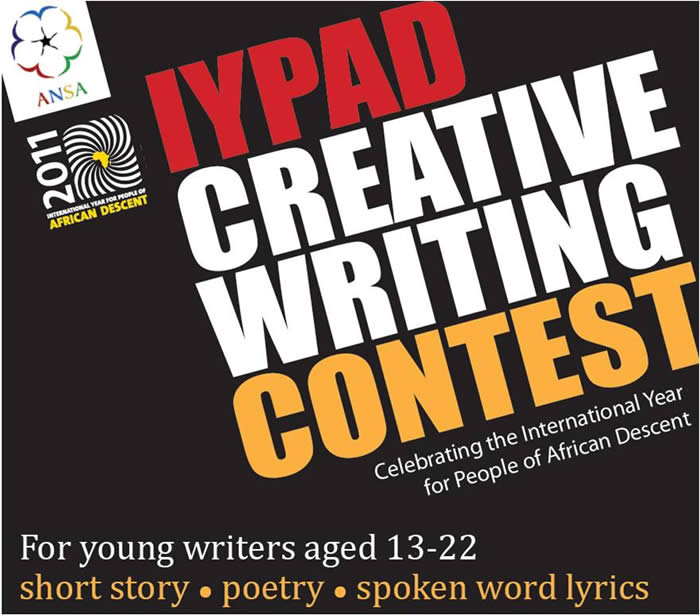Next Journalism:
literary works
Copy Editor for House and Leisure (Associated Press, South Africa)

Call for Submissions: Issue 14 of A Gathering of Tribes (magazine on multiculturalism)

LittWorld 2012: Christian Publishers Worldwide to Convene in Nairobi, Kenya
IYPAD Creative Writing Contest: Celebrating the International Year for People of African Descent (Canada)

The Nigeria International Book Fair 2011 Opens May 9th
Deadline Extended: Antonio Jacinto Literary Prize 2011 (Angola)
Apply for the Cave Canem Fellowship (African American Poetry) at Vermont Studio Center

Deadline Extended - Call for Submissions: Remembering Marechera

The 2011 King Faisal $200,000 International Prize for Arabic Language and Literature
Call for Sacred Stories from Judeo-Christianity, Islam and Eastern Religions: Mythology Publication (Southport Press)
Call for Essays/ Creative Pieces - African Women in Motion: Gender and the New African Diaspora in the United States
Call for Prose/ Poetry: Inaugural Issue of ShuoMii LGBT Magazine for People of Color

Saraba Literary Magazine: Issue 8 and Call for Submissions (Nigeria/ Africa-wide)
Call for Creative Writings/ Papers: Culture Section of Arab Studies Institute's Jadaliyya Ezine
Apply for M Literary Residency 2012 - 2013 in India/ China

Call for Submissions: "The Habitat Issue" of Klorofyl, an Online Literary and Art Magazine (Nigeria)

Bogliasco Fellowships in Literature and the Arts (international applicants welcome)
Next Deadline for Rockefeller Foundation's Bellagio Creative Artist Residency: May 2
South African Literary Awards (SALA) 2011
Call for International Applicants: The Art House Creative Writing Residency 2011 (location: Singapore)





